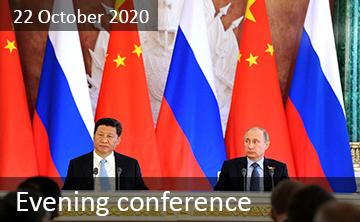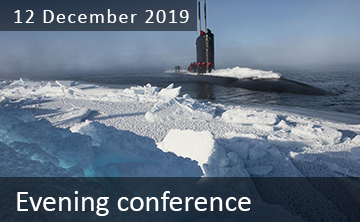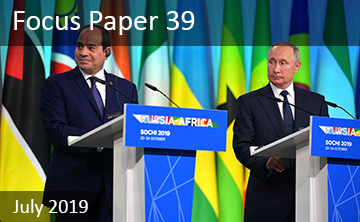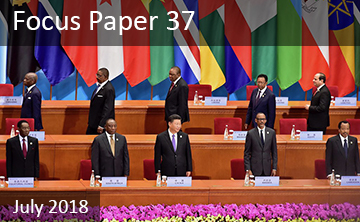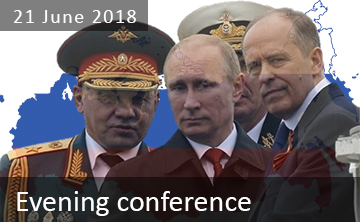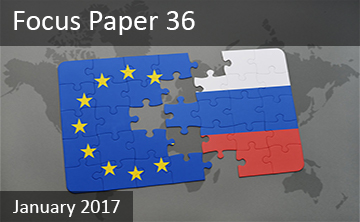
Vladimir Putin’s presidency is most commonly associated with Russia’s re-emergence as a militarily strong and powerful state in the international system. It is also associated, though, with a countervailing trend: the growing use of “semi-state” informal security organisations and private military contractors that have proved to be pivotal players in proxy wars involving Russia in recent years, including in Ukraine, Syria, and Libya, now also with a deepening presence in sub-Saharan Africa. Engaged in military assistance and/or armed combat abroad, those semi-state security actors, of which the Wagner Group is certainly the best-known example, have often functioned in a covert manner as force providers at the pointy end of Moscow’s stick. Their operations appear to be critical in implementing Russia’s strategy for escalation management as well as relations with adversaries and allies. Given their expanding frontline role in Russia’s comprehensive strategy, it is timely to develop a deeper understanding of both the reason why the Russian state has turned to those “grey” actors so often to provide crucial force-based security functions as well as the subsequent challenges that are faced when seeking attribution of Russian military actions abroad.
The question of Russian motives in employing Wagner (and such groups) without legalising them greatly matters for all those who want to understand Russia and its international behaviour and trajectory. Still, important questions remain about the degree of control the Kremlin exerts over those groups. How can be best featured the opaque relationship they have with the Russian state? What is their recruitment base? How and where do they operate? In which way do they resemble/dissemble global private military contractors engaged in armed combat abroad?
In order to shed light on that pivotal element of Russia’s hybrid toolbox, which is effectively little known to the public, we are pleased to invite two scholars who have carried out complementary pioneer research works on that subject matter. Dr Candace Rondeaux is a Professor of Practice in the School of Politics and Global Studies at Arizona State University and a Senior Fellow with the Center on the Future of War. Dr Kevin Limonier is a Master of Conferences in Slavic Studies at the Institut français de géopolitique (University of Paris).
Research line: Eurasia
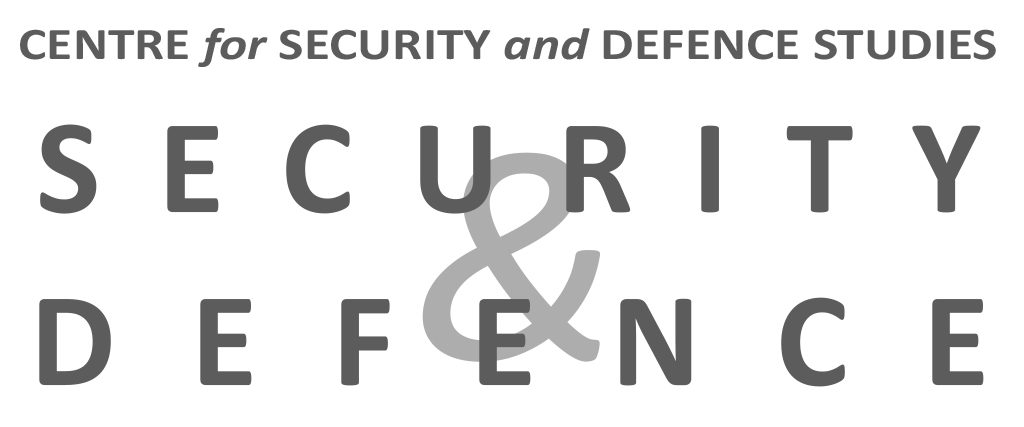
Online evening conference
Another kind of proxy war? Russia’s use of “semi-state” paramilitary forces
Doctor Candace RONDEAUX
Doctor Kevin LIMONIER
Moderator: Nicolas GOSSET
Language: English
28 January 2021, 17:00 – 18:30
> From 16:00 – Registration –
connection to online conference
> 17:00 – Conference and Q & A
Conference videos:
> Docteur Candace RONDEAUX
> Docteur Kevin LIMONIER
Related publications and events:
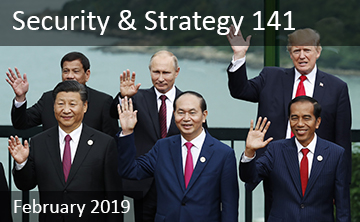
Le partenariat russo-chinois à l’heure Trump : un nouvel ordre mondial illibéral en formation?
Nicolas GOSSET
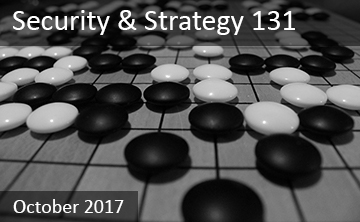
Countering “Hybrid Threats”: Belgium and the Euro-Atlantic Strategy
Estelle HOORICKX
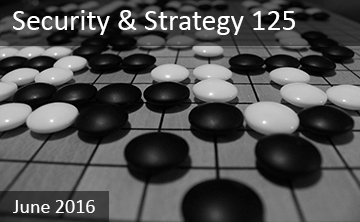
Crise russo-ukrainienne
Conséquences sur les politiques de défense OTAN, UE et de défense nationale
André DUMOULIN

